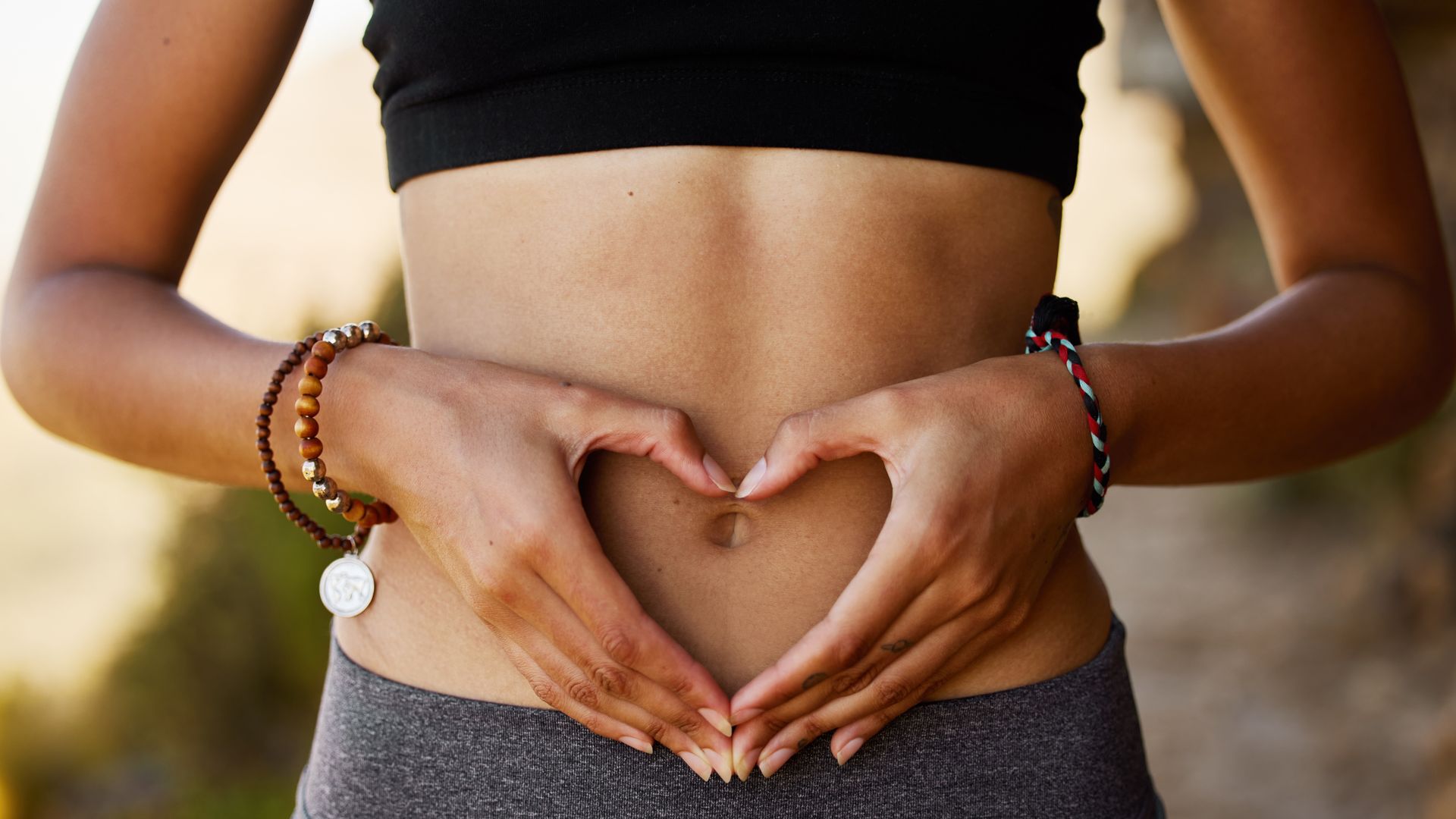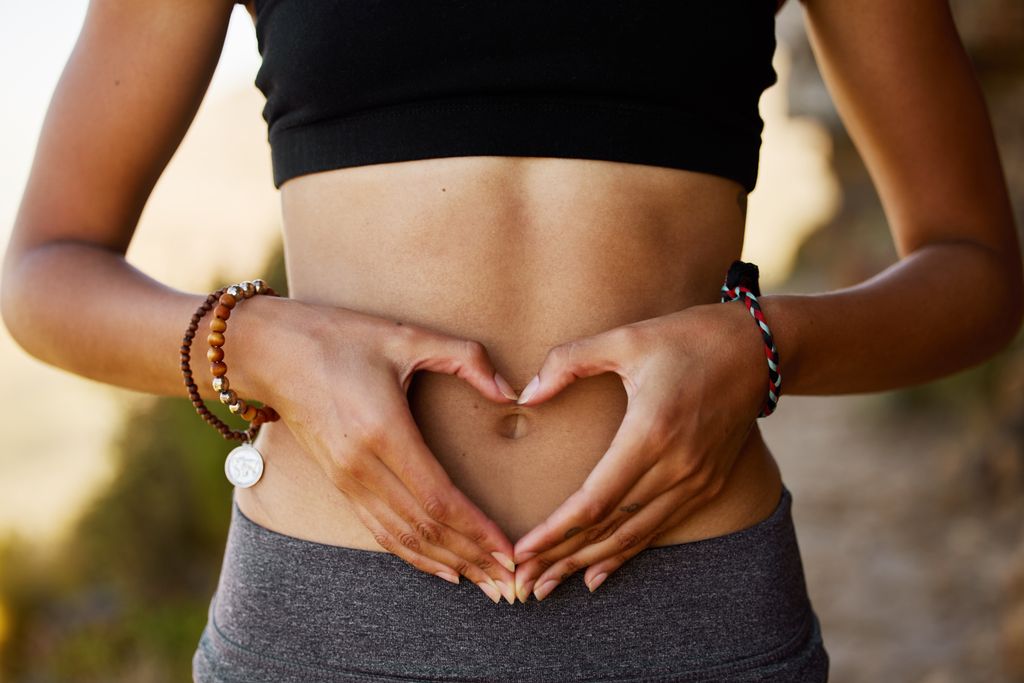We all know that gut health plays an important role in our overall wellbeing, but during perimenopause, many women don’t realize that it becomes even more crucial to look after your gut.
Hormone fluctuations can cause an imbalance in your gut bacteria which can affect everything from your weight and mood to your mental health.
In fact, a new global study conducted on behalf of Activia has revealed that a quarter of people have no idea that gut health impacts so much of their wellbeing and are completely unaware of the crucial role it plays. It goes way beyond just digestion.
"The health of our gut influences everything from digestion and immunity to mood and weight management," explains physician Dr. Zoe Williams wo is a member of the Activia Gut Health Board.
Gut health in perimenopause
"When we hit menopause and you have the depletion of estrogen and progesterone, that triggers a change in the gut," explains integrative health expert and author of The Hormone Shift, Dr. Taz MD. "And so when your hormones go down, you have the slowing down of the gut in general. And that's why a lot of perimenopausal women end up getting constipation or bloating."
Impact on mood and mental health
There's also a strong connection between the gut and the brain, often referred to as the gut-brain axis. Gut health influences the production of neurotransmitters such as serotonin, which plays a key role in regulating mood.
"One of the microbial patterns of menopause is an overgrowth of candida," explains Dr. Taz. "Candida is a yeast that raises blood sugar and insulin levels, so women who are perimenopausal will go from feeling okay to being super low and then feeling super sluggish afterwards due to that overgrowth."
READ: Happy gut, happy mind: how your gut health impacts your mood
Weight management
It's no surprise then that so many women struggle with weight gain and bloating during perimenopause.
"When women start experiencing these hormone changes brought on by perimenopause, and then they also have this gut change, they often reach for sugar or alcohol to help suppress their mood," explains Dr. Taz, adding: "There are so many things women can do to help manage these cravings, and all it starts with looking after your gut."
RELATED: How I'm learning to love my 'meno belly'
Clean up your diet
"When you reach your 40s, you don't have the reserve for processed foods, so you need to get those out of your diet," explains Dr. Taz. "And you really need to reduce your overall load of sugar and alcohol which also adds to your microbial disruption."
Introduce prebiotics
"For optimal gut health, combine probiotic foods such as yogurts and kefir with prebiotic-rich foods like bananas, onions, garlic, and whole grains," explains Dr. Zoe Williams. "Prebiotics act as food for the probiotics, helping them thrive and maintain a healthy gut microbiome."
Reducing stress and practising mindfulness techniques also help protect the gut-brain connection. So try and get some relaxation into your day whether that's as simple as going for a walk or trying some meditative deep breathing techniques while having your coffee. This will help to reduce stress, promote better sleep and ultimately benefit your gut microbiome too.













